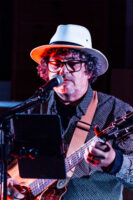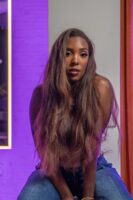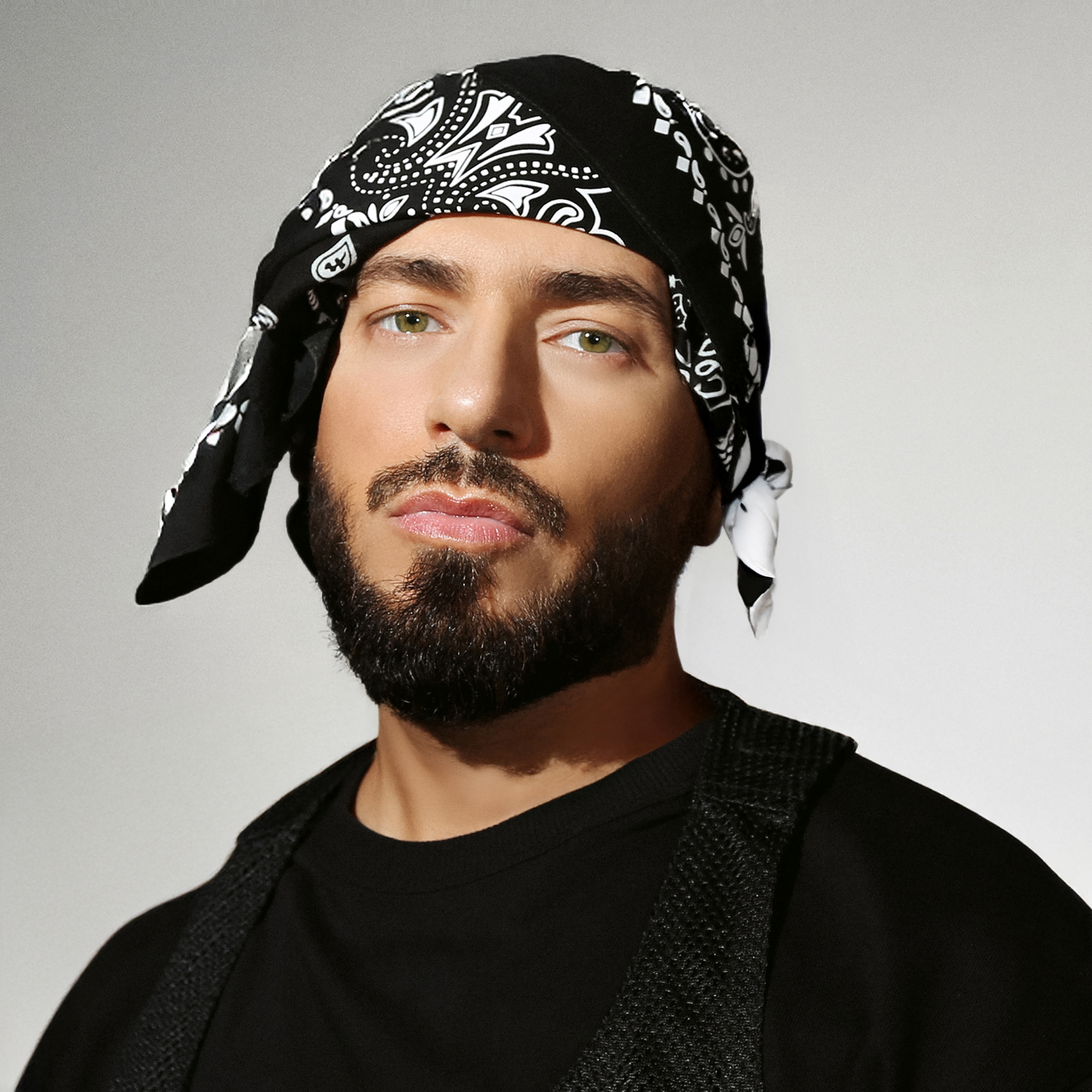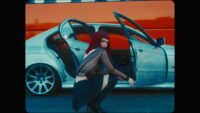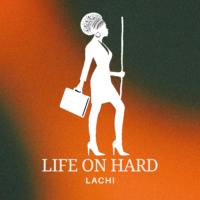LyricalGene’s (Dana Burtin) two-part single, “I Can’t Breathe/Perception” might be one of the longest songs you have ever heard at a whopping nine minutes and seventeen seconds. But it is only twelve seconds shy of the nine minutes and twenty-nine seconds that spanned the murder of George Floyd at the hands of a police officer, just one of a multitude of injustices suffered by African Americans since its conception. Evoking Floyd’s final words, the track is a powerful condemnation of systemic racism and a call for change, one that demands that we listen.
The first half of the track begins not with music, but with a quickening heartbeat, a viscerally impactful wind-up to what is to come. The song tells of the many failures of institutions designed to protect, but who instead are wielded as weapons that overwhelmingly target people of color. The police, the prison-industrial complex, the general apathy of mainstream America towards our inescapable legacy of racism.
With just a singer and blues guitar, LyricalGenes reminds us that many African Americans experience a very different image of America than the one we learn about in our history books. And it is a lived experience whose weight is suffocating. Over and over again, with manic desperation, he repeats those famous words, “I Can’t Breathe.”
As the first half comes to a close, the track seamlessly switches to a neo-soul and hip-hop idiom. LyricalGenes expresses frustration for constant assaults on his sources of hope, but also resilience and a will for societal change. The track is not a call for help. It is an honest representation of the danger of being a minority in America, and an emphatic demand for reevaluation and tangible reform. Perhaps it’s a familiar theme to anyone who opens a newspaper to see that yet another person of color has been a victim of America’s own particular brand of racism. But it is one that bares repeating, over and over.
“I Can’t Breathe/Perception” is available on all major streaming platforms, and be sure to check out the music video.
Written by Jacob Jahiel

FOLLOW LYRICALGENES:




